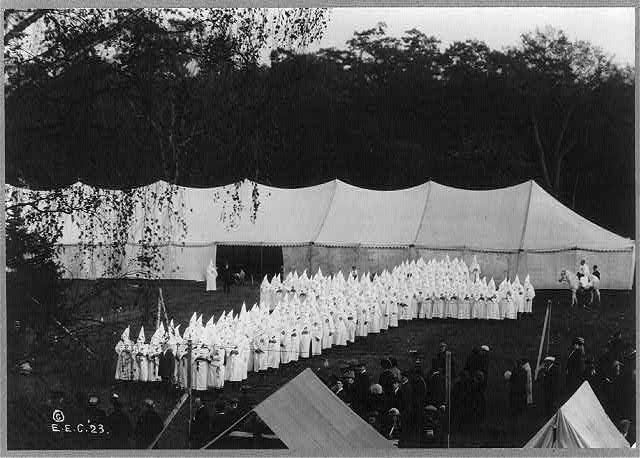The article discusses the concept of Christian nationalism in the U.S. as defined by Andrew Whitehead and Samuel Perry in their book, Taking America Back for God. They describe it as an ideology merging American civil life with a specific Christian identity and culture, often conflating Christian identity (especially Protestant) with race, nationality, and political ideology. Christian nationalism emphasizes loyalty to a particular vision of America rather than devotion to Jesus and tends to favor conservative political beliefs, including conspiracy theories and gun rights.
The notion of America as a Christian nation dates back to the early 19th century, but the founders intended to create a secular government. Despite variations within the movement, many Christian nationalists seek to influence governance according to their beliefs, sometimes advocating for a one-religion state without using the term “theocracy.”
The movement has historical parallels with the early 20th-century Ku Klux Klan, which incorporated Christian symbols and hyper-nationalism, promoting “traditional values” and targeting minorities. While today’s Christian nationalists claim to be less violent, they still exhibit overlaps with white supremacy and anti-Semitism. The article also examines how capitalism and political conservatism have been intertwined with Christianity, particularly through movements such as the John Birch Society in the Cold War era, which framed capitalism as a divine fight against communism.
Key themes in the article include the evolution of Christian nationalism from its Klan origins to contemporary politics, highlighting its influence on issues like immigration and civil rights, as well as its connections to various conservative movements throughout American history. It sets the stage for further exploration of this trend in subsequent discussions.



